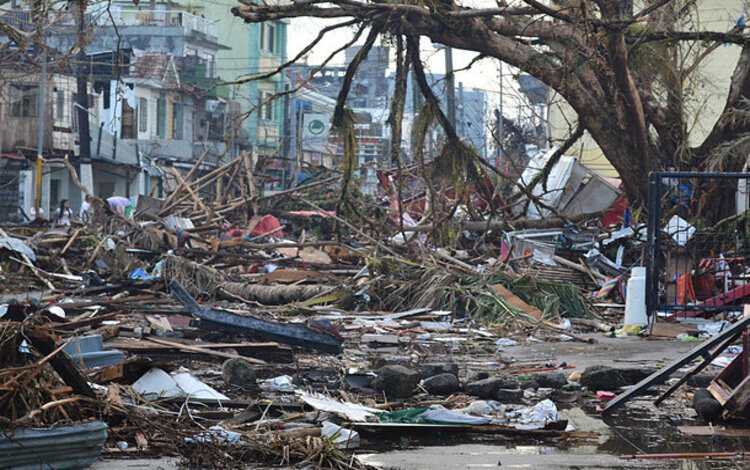The Philippine Atmospheric, Geophysical and Astronomical Services Administration (PAGASA) announced on Monday that it would officially retire the names “Aghon” and “Kristine” from its roster of tropical cyclones due to the extensive damage they caused to lives and properties.

PAGASA Climate Monitoring and Prediction Section Chief Ana Liza Solis explained that the decision aligns with the agency’s protocol to decommission cyclone names that result in significant destruction. “Kristine and Aghon will be delisted. We still need to validate Carina since it coincided with enhanced Habagat. Maybe in January 2025, PAGASA will release an official announcement,” Solis stated.
Under PAGASA’s guidelines, a tropical cyclone name is retired if it claims at least 300 lives or inflicts over ₱1 billion worth of damage to houses, agriculture, and infrastructure. The retired names are replaced with new ones, which are rotated every four years to maintain an updated naming system.
Cyclone Impact Assessment
According to the National Disaster Risk Reduction and Management Council (NDRRMC), tropical cyclones Kristine and Leon collectively caused significant destruction. As of November 12, 159 fatalities were recorded due to their combined effects, with damages reaching ₱10.56 billion in infrastructure and ₱5.96 billion in agriculture.
Aghon’s impact, although less severe, still resulted in six fatalities and incurred damage of ₱942.5 million to infrastructure and ₱85.6 million to agriculture, based on reports as of June 6.
Carina, which struck during a period of enhanced southwest monsoon or Habagat, remains under review. The NDRRMC reported that Carina, alongside Butchoy, caused 48 fatalities and inflicted damages amounting to ₱5.98 billion in infrastructure and ₱2.15 billion in agriculture. A final decision on Carina’s retirement is expected by January 2025, pending further validation.
The delisting of tropical cyclone names is not new for PAGASA, as it signifies the profound and often tragic impact of certain weather systems. Names such as “Yolanda,” “Goring,” “Pablo,” “Sendong,” and “Egay” were previously retired due to their catastrophic effects. Yolanda, internationally known as Haiyan, remains one of the most devastating typhoons in Philippine history, with over 6,000 reported fatalities in 2013.
The retirement of cyclone names serves as a somber reminder of the increasing vulnerability of communities to extreme weather events. It also underscores the necessity for continuous disaster preparedness, mitigation efforts, and adaptation strategies in the face of a changing climate.
As part of its naming protocol, PAGASA will introduce replacement names for Aghon and Kristine in its 2025 roster. These new names will rotate every four years and may be reused unless they meet the criteria for decommissioning.
The agency reiterates its commitment to improving forecasting capabilities and public awareness, aiming to minimize the adverse impacts of tropical cyclones. With extreme weather events becoming more frequent and destructive, PAGASA continues to emphasize the importance of preparedness and resilience among Filipinos.
The public is advised to stay updated on weather bulletins, especially as the country remains susceptible to storms during the tail-end of the year.
